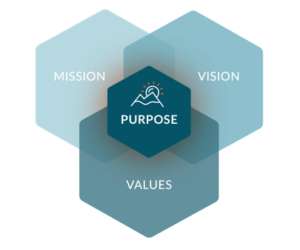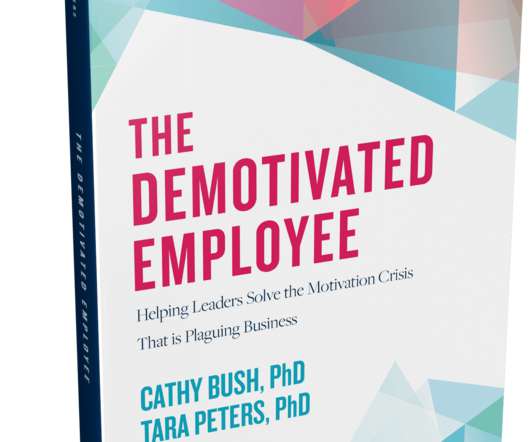Corporate Purpose: Monumental Change Starts With Your Leadership
CO2
APRIL 1, 2022
Shifting Dynamics Make Corporate Purpose a Non-Negotiable Of all generations, Gen Z is the most racially and ethnically diverse, most well-educated, and the first generation comprised entirely of digital natives. The founder who started the company might still be involved, and their presence and leadership help the purpose remain clear.












Let's personalize your content